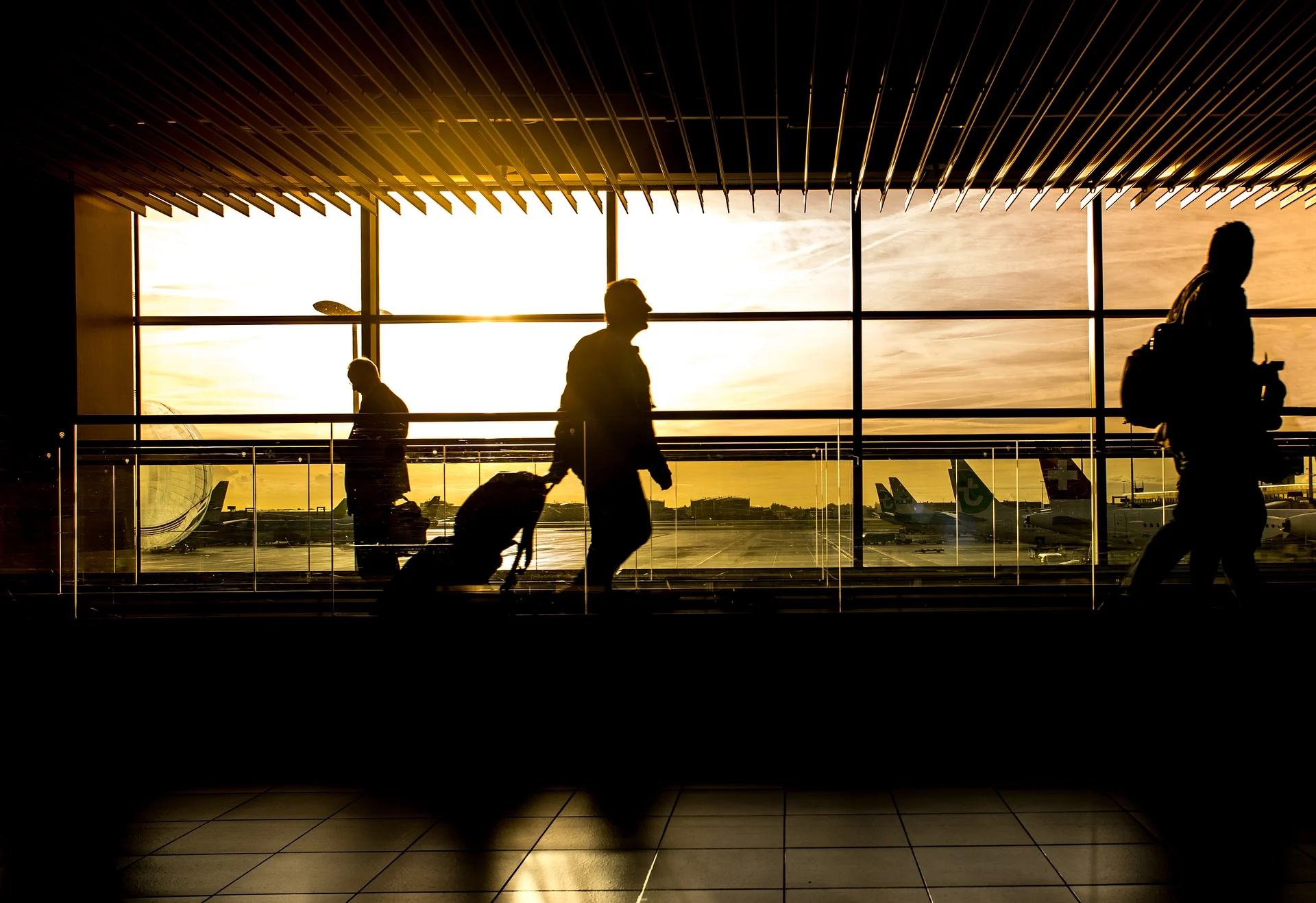
A preview of upcoming changes to Australian immigration law taking effect from 1st January 2021
Published on December 10, 2020 by Wing Ho | 何宛穎律師 and Yee Mei Chow
As 2020 has shown, Australian immigration law is subject to rapid change in response to emerging issues such as the COVID-19 pandemic. And as we begin the New Year, there are even more changes afoot that will take place, or are likely to take place in 2021. Below is an overview of these changes.
1. More temporary visas can be cancelled on biosecurity grounds
From 1 January 2021, more temporary visa holders face the risk of visa cancellation if they breach certain sections of the Biosecurity Act 2015 (Cth). The prescribed biosecurity contraventions include: failure to answer questions asked by a biosecurity officer and knowingly provide false or misleading information to a biosecurity officer. The visa can be cancelled while the holder is still in immigration clearance.
As a result of the legislative change, the Department of Home Affairs will have the power to cancel following temporary visas on biosecurity grounds:
(i) a Subclass 400 (Temporary Work (Short Stay Specialist)) visa;
(ii) a Subclass 403 (Temporary Work (International Relations)) visa;
(iii) a Subclass 407 (Training) visa;
(iv) a Subclass 408 (Temporary Activity) visa;
(v) a Subclass 417 (Working Holiday) visa;
(vi) a Subclass 457 (Temporary Work (Skilled)) visa;
(vii) a Subclass 462 (Work and Holiday) visa;
(viii) a Subclass 476 (Skilled—Recognised Graduate) visa;
(ix) a Subclass 482 (Temporary Skill Shortage) visa;
(x) a Subclass 485 (Temporary Graduate) visa;
(xi) a Subclass 500 (Student) visa;
(xii) a Subclass 590 (Student Guardian) visa;
(xiii) a Subclass 600 (Visitor) visa;
(xiv) a Subclass 601 (Electronic Travel Authority) visa;
(xv) a Subclass 651 (eVisitor) visa;
(xvi) a Subclass 676 (Tourist) visa;
(xvii) a Subclass 771 (Transit) visa; and
(xviii) a Subclass 988 (Maritime Crew) visa.
Visa holders should be aware that visa cancellation brings very serious consequences, in particular a three-year ban from applying for most types of temporary visas.
For more detail about this topic, please refer to our earlier article here.
2. COVID concession for certain family visa applicants unable to depart Australia due to border closures
The Department of Home Affairs has indicated that it will implement a concession for certain family visa applicants who applied for their visas offshore, then came to Australia and are stuck in Australia due to border closures. Usually such applicants would need to be offshore in order to have their visas granted however the concession will now allow affected applicants to have their visas to be granted while they are in Australia.
At this stage, the Department proposes to waive the offshore visa grant with respect to the following visa subclasses:
- Child (subclass 101) visa
- Adoption (subclass 102) visa
- Dependent Child (subclass 445) visa
- Prospective Marriage (subclass 300) visa
- Partner (subclass 309) visa
The Department has indicated that the concession may start in early 2021 and will be providing further information in due course.
You can find the latest information on the Department’s COVID-19 visa concessions here.
3. Labour Market Testing requirement for subclass 186 Employer Nomination Scheme (ENS) visa?
The legislative instrument (LIN18/036) on labour market testing requirements for Temporary Skills Shortage subclass 482 (temporary) visa and subclass 494 (provisional) visa has been amended to include an additional requirement to advertise vacancies on the Government’s ‘Jobactive’ website from 1 October 2020.
Around the same time, the Australian migration agent services industry regulator also notified registered migration agents that the Government expects Nominators/Sponsors seeking to nominate an overseas worker for a permanent employer sponsored visa (subclass 186 or 187) to advertise the position on Jobactive first, in order to demonstrate that there is a genuine need for an overseas worker to fill that position.
On 24 November 2020, the Department published a revised policy document relating to the ENS and Regional Sponsored Migration Scheme nomination instructing decision-makers to consider whether the employer has made attempts to recruit local workers through Jobactive or other national advertisements. At this stage, changes to the legislation have not been implemented, however, prospective Sponsors/Nominators for the subclass 186 and 187 visa programs are advised to consider advertising the position on Jobactive.
4. Upfront sponsorship approval required before making partner visa application
In 2018 the Australian Government passed legislation to create a new family sponsorship framework which requires upfront formal sponsorship approval before a prospective applicant can apply for the relevant visa.
The framework has been imposed on the subclass 870 Sponsored Parent (Temporary) visa and the Government has indicated that the family sponsorship framework will extend to the partner visas.
As a result, Australian citizen or permanent resident Sponsors for a partner visa will be assessed against sponsorship obligations and character and will need sponsorship approval first before a visa application can be made.
It is likely that a separate sponsorship application fee will be payable, in addition to the partner visa application fee which is already approaching $8000 as at the time of writing. This change to sponsorship requirements may also affect the processing time and the ability of an onshore visa applicant to lodge a partner visa application on time before his/her temporary visa expires. It is expected that subordinate legislation will be introduced to facilitate implementation of the upfront sponsorship approval from November 2021 onwards.
For assistance with any Australian immigration matter, contact Carroll & O’Dea Lawyers.

